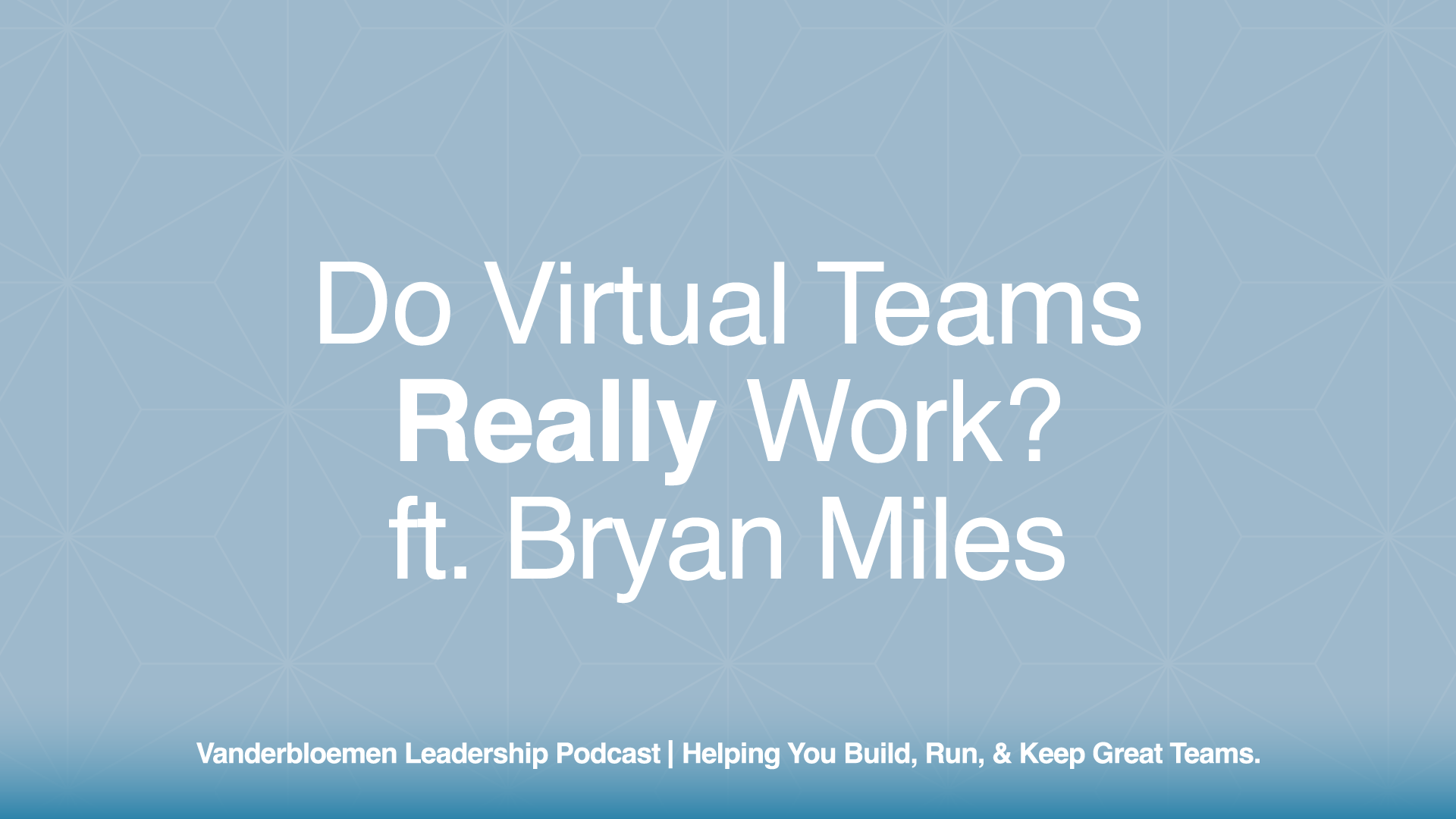Interviewing for a new position is both exciting and nerve wracking. It can be especially stressful for some, especially those final onsite interviews. Meeting new people, having to answer the same questions sincerely multiple times, and trying to be “on” around everyone you encounter during the process can drain your battery to say the least.
While you do need to be authentic during the interview process, you also want to present the best possible version of yourself. As much as an organization is recruiting the candidate during an onsite interview, the candidate needs to pitch themselves and their value to the organization as well.
In order to accomplish this, you’ll need to put careful thought into how you present yourself by planning out what to do and not to do. Here are some guidelines to help you put your best foot forward when stepping into an onsite interview.
Do come appropriately dressed.
You wouldn’t show up to a corporate interview in shorts and a t-shirt, so you shouldn’t consider that an option at a church (no matter how casual they may seem). Do your homework to find out the dress code of the church and try to match it.
No matter what, err on the side of being more overdressed than underdressed. If you miss the mark and are overdressed, you’ll still come across as being professional and prepared. There’s no harm in that.
Don’t be late.
This sounds like a simple one, but it’s just as important. If you show that you can’t manage your own time, how will you be able to manage the time of others?
Church campuses can be hard to navigate if you aren’t familiar with them already. Arrive early to an interview and use the extra time to go to the bathroom, gather your thoughts, and find the building/office you need to go to.
Do your homework before you get there.
Don’t waste anyone’s time at the church by asking questions you could have easily found online. If you can Google it, you shouldn’t ask it during an interview.
Being prepared conveys a sense of drive, eagerness, and problem-solving that may separate you from the other candidates. By doing your homework, your positive demeanor indicates a possible culture fit the recruiters are searching for. Showing you appreciate their values and mission will pique their interest and lead the conversation toward more meaningful questions. Consider asking questions in the interview about the church’s culture and team dynamics; those kinds of questions are hard to answer by reading the church’s website alone.
Don’t use an onsite visit as a vacation.
While taking advantage of a free plane ticket, hotel, and food allowance to bring your family to a new destination for a vacation while you interview at a church might sound appealing, it’s not a great idea. You wouldn’t usually show up to work with your children, so don’t show up to an onsite interview with them either (unless asked to do so). Using a church’s resources to squeeze in a vacation of your own can show a poor stewardship mentality and lack of interest in the actual church or job itself.
DO be honest about other opportunities you might be pursuing.
Want to know the biggest frustration churches have with finding their staff? Narrowing down to one final candidate only to learn she accepted another position the day before. If you are pursuing other job opportunities, whether in the church world or not, do be honest and upfront about how far along you are in those interview processes.
Letting a church know you are expecting another offer soon will afford the church the opportunity to work with you on timing, rather than being blindsided and upset at the very end.
Don’t overlook the importance of body language.
Body language can determine how you are perceived during an interview. Non-verbal cues such as posture, eye contact, facial expressions, and gestures communicate your level of confidence, interest, and engagement. Poor body language, like slouching, crossing your arms, or avoiding eye contact, can convey disinterest, nervousness, or lack of confidence, potentially undermining the positive impression you want to make.
Do take notes.
Bad with names? Struggle with nerves when interviewing? Don’t be afraid to jot down some quick notes to help jog your memory later. Following up and thanking people for their time is a lot easier and effective when you remember their names.
Don’t display distracting behaviors.
Avoid personal habits that could be distracting or unprofessional, such as excessive talking, chewing gum, or fidgeting. These behaviors can divert attention from your qualifications and skills, making it harder for interviewers to focus on your candidacy. However miniscule you may feel these behaviors are, unprofessional mannerisms are potentially more memorable than your actual qualifications. Present yourself in a polished and composed manner.
Do be present in the moment.
An entire day (or days) of interviews may feel overwhelming, and you’ll probably need breaks. However, do not check your social media accounts or tend to your phone while on church property unless absolutely necessary.
Having your head down and staring at your phone while people are trying to show you around or otherwise get to know you is unprofessional and unappealing to say the least. Phone use can convey a lack of engagement in the process and interest in the church itself. Try to stay in the moment as much as possible.
These tips could go a long way in ensuring that you leave a lasting first impression on a church. Adhering to these guidelines can determine the trajectory of your interview experience and follow-up interactions, improving your chances of securing the role and setting a positive tone for future engagement with the church.
If you’re looking for your next career move, search our job board. We look forward to being part of your success.


